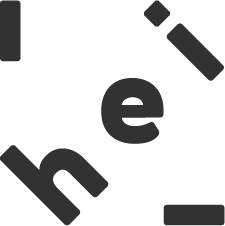What is the HEI Curriculum?
Inspired by Finland’s approach to early childhood education, we take the best that Finland has to offer and combine it with other best practices in our progressive, emerging curriculum. We continuously update our pedagogy based on the latest in educational research, which is provided by our academic partner, the University of Helsinki. Together, we educate children who will change the world.
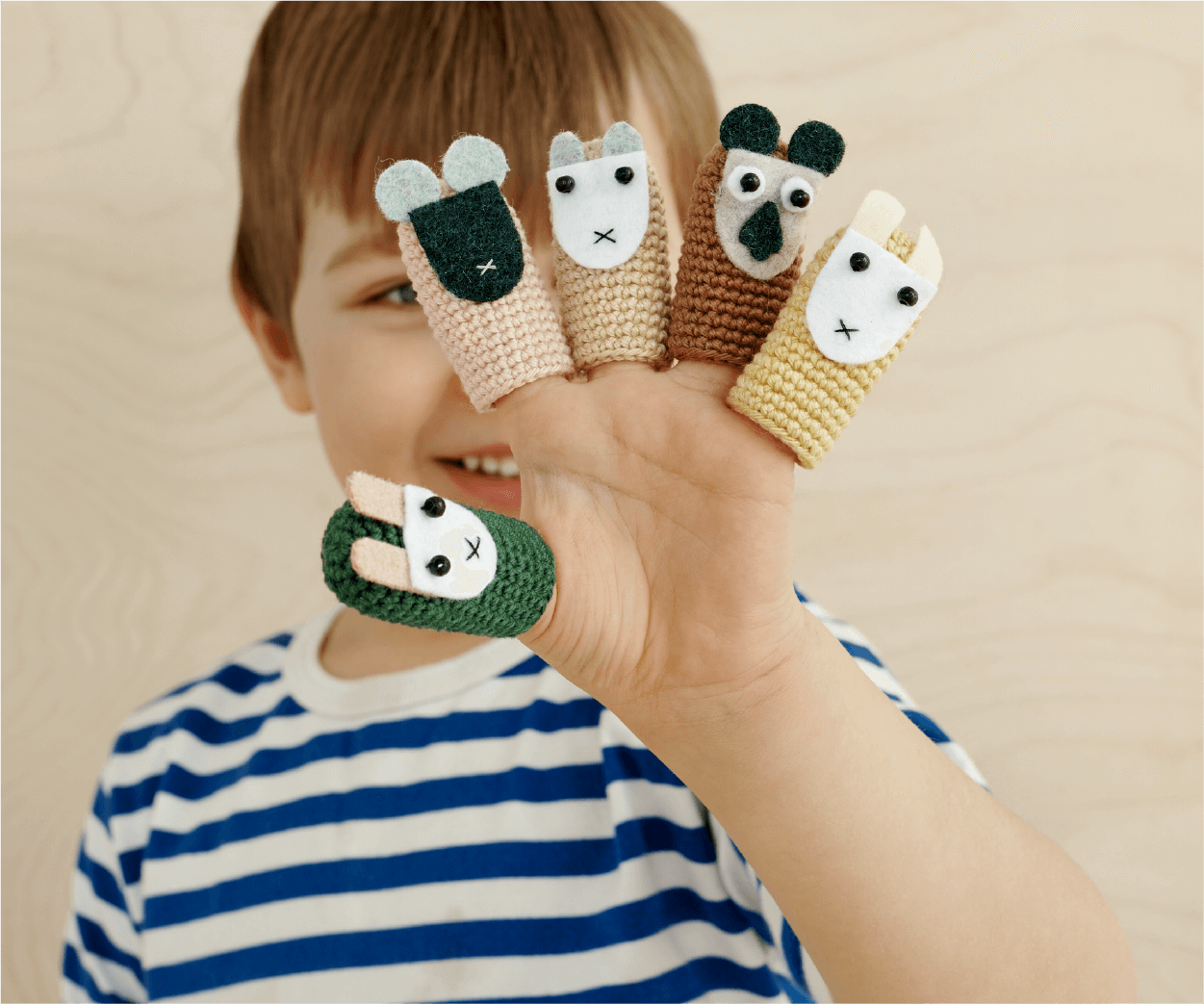
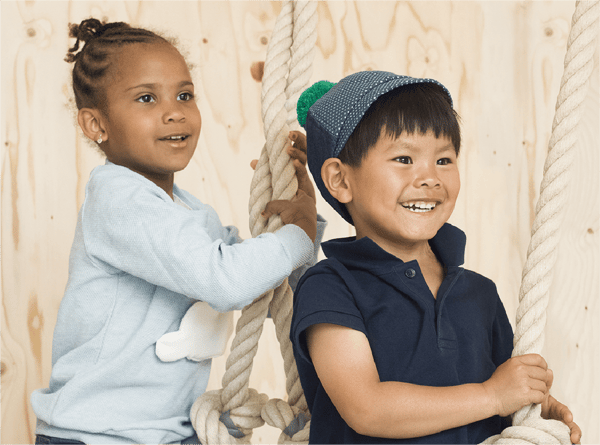
What is Childhood?
Childhood is a period of life when everything is possible. It is a time to discover the world and all of the possibilities it holds. We believe that children are active agents in their own lives from a young age, and with age-appropriate considerations, we take their thoughts, ideas and opinions into account as we continuously develop our concepts and train our teachers to adapt and cultivate this approach.
At HEI Schools, we believe that children should not be educated to adapt to the changing world, but rather be educated to change the world themselves!
The Eight Concepts in the HEI Schools Curriculum
Concept 1.Holistic learning and development
We view children as unique individuals with their own ideas, thoughts and needs and we therefore prioritize children’s wellbeing, both physical and emotional, along with building their competencies. We foster their participation and autonomy, teach them how to take care of themselves and others and develop their social-emotional abilities so that they learn the skills for life.
Concept 2.Sustainable practices
We believe that all aspects of education should involve practices that are lasting and caring for the community. Sustainability encompasses many areas of life, from social practices like incorporating the local culture and teaching children compassion, to ecological considerations like developing children’s relationship with nature and their willingness to actively care for the environment.
Concept 3.The importance of teachers
At HEI Schools, we strongly believe that teachers matter. We recognize teachers as educators and as experts in their field. The curriculum is only as good as the teacher implementing it, so all teachers should be well-trained in research-based methods and engage in ongoing teacher training and development to deliver quality education. Through our training, teachers become independent, creative professionals confident in their skills and capable of collaborating and building professional communities with other educators.
Concept 4.Learning everywhere and all the time
Children’s learning is not limited to specific activities or the classroom. Rather, every situation and moment is a chance to learn something new! At HEI Schools, teachers are trained to recognize these moments and increase learning opportunities. We also designed the learning spaces based on educational research to foster these moments because the environment also plays an important role in the children’s everyday learning experiences.
Concept 5.Play as a way to learn
Play is the most natural way for children to learn and it's a prerequisite for their development. During play, children display their overall development, even performing a level above their developmental stage because they are motivated to learn and unafraid to take risks. At HEI Schools, our curriculum and teachers know how to foster play and enrich these important opportunities for further learning.We also value the intrinsic value of play and prioritize free play without adult involvement. We see it as an opportunity for the children to collaborate with each other, explore their surroundings, practice solving problems and practice creativity.
Concept 6.The social experience of learning
Knowledge is socially constructed, which means that children learn through their relationships with others. Building a sense of community, peer learning and developing meaningful relationships with other children and trusted adults are key elements of the HEI Schools pedagogy. Through these moments, children learn the social-emotional skills necessary to express themselves and effectively interact with others in all types of situations.
Concept 7.Learning through exploration
Children also learn through guided exploration, and this is achieved by completing projects. “Inquiry-based learning,” is part of our educational approach, and it involves a collaborative effort between children and teachers. Teachers are trained to carefully observe children's questions, wonderings and interests and to use these clues to guide the learning. Children, in turn, exercise their agency by choosing project themes, asking questions and exploring new subjects together with their teachers.
Concept 8.Transversal skills and learning areas
Lifelong learning begins in the early years, and transversal competencies are a combination of knowledge, skills, values and attitudes, as well as the ability to use such knowledge in different situations. At HEI Schools, we teach children how to apply their current knowledge in new contexts through playful methods, movement, exploration, daily routines and self-expression so that they become confident learners capable of adapting to and transforming any setting.
HEI WAY
Values that guides us everything what we do

CURIOSITY & CREATIVITY

ACTIVE PARTICIPATION

CULTURE OF TRUST

SUSTAINABLE WAY OF LIVING

LEARNING EVERYWHERE & ALL THE TIME
HEI Pedagogy and Curriculum Framework
At HEI Schools, we support the child’s learning and holistic growth by combining education, upbringing, and care. Education is supported by pedagogical practices that take place on a daily, weekly or monthly basis. Upbringing is provided through the means of passing on cultural heritage and social norms from one generation to another. Care is granted by responding to the child’s social, emotional and physical needs.
HEI Schools concept is inspired by Finnish Early Childhood Education, enhancing the child’s perspective, active participation, curiosity, creativity; embodying the importance of play and exploring. Our primary mission is to be responsive by creating a place and space to fulfill the needs of every child. When all the important elements in a child’s daily life are aligned they feel safe to explore their environment and learn new things. At HEI Schools, we promote the joy of learning and support the freedom of failing, encouraging growth through experiencing both.
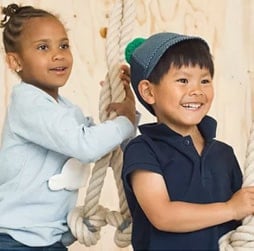
Learning Forms of Expression
Learning forms of expression equip children with possibilities to express themselves. Artistic experiences and expression promote children’s formation of positive self-image, social skills, and the capability to understand the surrounding world.
- Musical Activities
- Crafts & Visual Expression
- Verbal and bodily expression
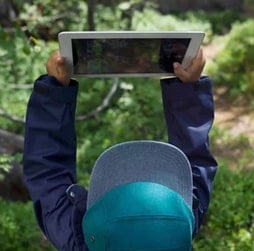
Exploring and interacting with the world around me
HEI Schools promotes children’s capability to observe, analyze, and understand the surrounding world. We support the development of children’s linguistic and mathematical skills through different activities in everyday life. Through science and environmental education, we strengthen children’s relationship with nature and their awareness of sustainable ways of living
- Linguistic Skills
- Mathematic Skills
- Science & Enviromental Education
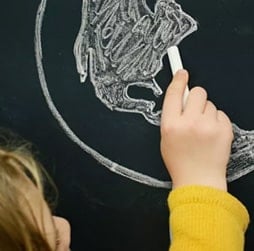
Understanding the world we live in
We support children’s growth as conscious human beings and help them to understand what it means to be an ethically responsible member of society. We aim to design inclusive spaces in which dignity and safety are the norm, where diversity is recognized and respected, and where everyone feels encouraged, supported, and included.
- Cultural Competence
- Ethics Education
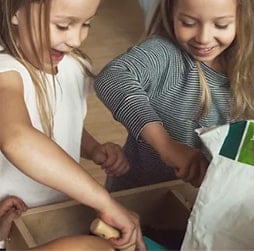
Practising a healthy way of living
At HEI Schools, we promote children’s socio-emotional competence by practicing empathy and compassion, self-regulation, and naming and recognizing our own and others’ emotions. We also discuss the importance of healthy nutrition, physical activity, rest, and personal hygiene with the children; encouraging them to be physically active in different ways.
- Socio-emotonal Competence
- Physical Wellbeing
